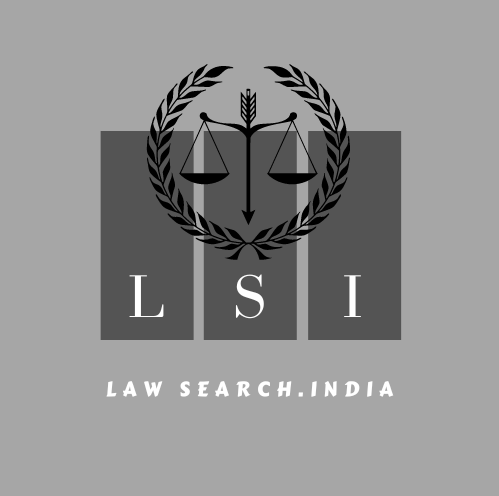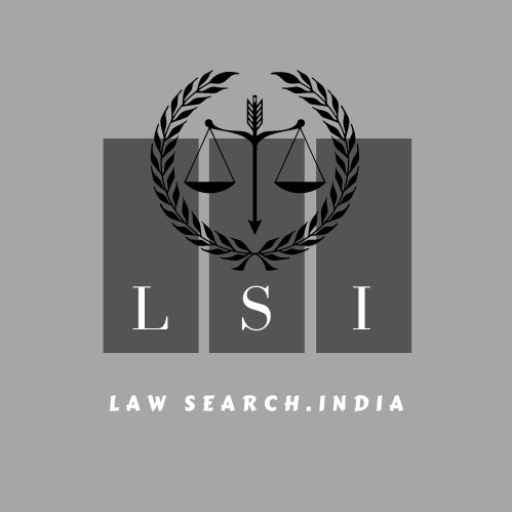
CASE DETAILS
| Bench N. V. RAMANA J. SURYA KANT J. HARISHIKESH ROY J. | Case no. (2022)1 SCC 75 | Acts/law Arbitration Act, 1996 |
INTRODUCTION:
In BHAVEN CONSTRUCTION vs. EXECUTIVE ENGINEERING, SARDAR SAROVAR NARMADA NIGAM LTD. AND ANOTHER. is concerning the issue, whether intervention of the court in any arbitration proceeding under articles 226 and 227 of the constitution is appropriate or not? The statute is exhaustive and confers all the remedies for challenging the order of the arbitral tribunal still the said remedy does not strike the constitutional remedy as in writ jurisdiction under 226. Therefore the court inferred the rules concerning the intervention of the court in arbitral proceedings. under 226 and 227.

FACTS OF THE CASE:
Appellant and respondent no. 1 entered into a contract to manufacture and supply bricks. The said contract also has an arbitration clause. The appellant herein issued a notice for the appointment of sole arbitrator in accordance with arbitration clause 38 of the agreement. The same was objected by the respondent no. 1 however, appellant herein appointed the respondent no. 2 as sole arbitrator.
APPLICATION UNDER SECTION 16:
Respondent no. 1 invoked an application under section 16 of the arbitration act thereby disputing the jurisdiction of the sole arbitrator. The sole arbitrator dismissed the said application.
ALLICATION UNDER ARTICLE 226 and 227:
The respondent herein filed an application under article 226 and 227 of the constitution of India wherein assailing order of the arbitrator. The aforesaid application was dismissed by the Ld. Single Judge observing that said application is not maintainable and only remedy available with the respondent is to wait for the award and same could be assailed under section 34 of Arbitration Act.
LETTERS PATENT APPEAL (LPA)
Aggrieved by the aforesaid order of single judge the respondent no. 1 preferred an LPA, wherein the division bench set aside the said order and allowed the appeal considering that it would be unjustified if the respondent has to wait till the arbitration award is passed and same could be assailed under section 34 and 37 of the Act.
SPECIAL LEAVE PETITION (SLP)
ARGUMENTS ON BEHALF OF APPELLANT:
It was contended that the division bench errored in allowing the appeal of the respondent reason being that attempt of filing the petition under 226 & 227 is bypassing the law laid by the legislature under the Arbitration Act. Section 16 envisage power on the arbitrator to decide the issue concerning the jurisdiction of tribunal and the award could be assailed under section 34 of the Act.
ARGUMENTS ON BEHALF OF RESPONDENT No. 1:
It was contended that it is always open to the High court to invoke the writ jurisdiction under article 226 and 227 of the constitution of India and thereby set aside the arbitration which is in conflict with law.
ISSUE:
Whether court can intervein the arbitral process under article 226 and 227 of the constitution of India to or court should maintain the rule of “minimum judicial intervention?
JUDGEMNT:
The hon’ble apex court had referred section 5 of the Arbitration Act, which is a non obstante clause, which thereby reduces the excessive judicial interference as it allows court to intervene only in accordance with the Act. The law of arbitration let the parties to set the procedure and forum for the settlement of any dispute. The parties entering into such arbitration agreement needs to fulfill the conditions stipulated under section 7 of Act.
Arbitration Act is a flexible law which let the parties select the procedure for the adjudication of any dispute which may arise. It also invites less intervention of the court that too within the scope of the Act.
In a situation wherein parties fail to refer the matter to arbitration or fail to appoint the arbitrator they may resort to section 8 and 11 of the Act for court assistance which is concerning the reference to arbitration and appointment of arbitrator respectively.
The writ jurisdiction of the High court under article 226 of the Constitution of India and power of High court under article 227 are inherent power which can not be curtailed by any statute. However, the said power is to exercised only in rare circumstances where no alternative remedy is available. For instance, when the party is left remediless under the statute.
The apex court relied upon Deep Industries Ltd. Vs. ONGC[i] wherein court has analyzed the interplay between section 5 of arbitration act and article 227 of the Constitution of India. The Court opined that power of the High court under article 226 and 227 can be invoked only under special circumstances for instance lack of inherent jurisdiction, court upheld that in the instant case respondent no.1 did not set out any such special circumstances.
Apex court negated the view of High court wherein it was considered that appellant had appointed the arbitrator unilaterally which let the respondent no. 1 remediless and apex court opined that appellant had appointed arbitrator therefore acted in furtherance of the procedure established in the arbitration agreement.
In the instant case court had the opportunity to ascertain the power under section 5 of the Act and 226/227 of the Constitution, court opined that power under 226 & 227 is to be invoked rarely and though the section 5 of the Act prohibits the judicial intervention but the statutory power could not over shadow the power of the court under Constitution.
In the instant case the respondent should have availed the remedy under section 37 which is “first appeal against certain orders”. Moreover, it is not open to the aggrieved person to opt for the writ remedy in order to challenge the dismissal of the appeal order under section 37 of the Act. Section 37 (3) left open to approach Supreme Court thereby assailing the appeal order however no second appeal could be filed against the order passed under section 37 in first appeal.
In paragraph no. 23 court gave this finding:
Respondent no. 1 did not take legal recourse against the appointment of the sole arbitrator, and rather submitted themselves before the tribunal to adjudicate on the jurisdiction issue as well as on the merits. In this situation, Respondent no. 1 has to endure the natural consequences of submitting themselves to the jurisdiction of the sole arbitrator, which can be challenged, through an application under Section 34. ………. Respondent no. 1 has not been able to show any exceptional circumstance, which mandates the exercise of jurisdiction under Articles 226 and 227 of the Constitution.
Assessment: –
- There can not be unilateral appointment of sole arbitrator, arbitral tribunal has to be fair and unbiased therefore has to be appointed by consent of both the parties.
- Rule of Kompetenze- Kompetenze:- section 16 of the Act, embodies this doctrine, which envisage that tribunal has power to entertain the question of own jurisdiction.
- In case of any objection with respect to the appointment of the arbitrator same should be challenged as per section 12 & 13 of the Act.
- In case objecting party file application under section 16 and contest the jurisdiction of the tribunal, and said plea dismissed by the tribunal, party has the remedy to challenge the award under section 34 and not article 226 or 227 of the constitution.
- Parties has to wait for the passing of the award in case of plea of the question on jurisdiction was dismissed by the tribunal, no appeal could be filed against the same under section 37, which is an appeal against certain orders.
- 226 and 227 are the constitutional powers can not be taken away by statutory power under section 5 of the Act.
- Section 5 of the Act prevents the intervention of the court in arbitration which ensure the autonomy of the arbitration.
- If the plea raised under section 16 on the jurisdiction has been allowed aggrieved party may challenge the same by filing an appeal under section 37(2) (a), which is not so when the plea is not accepted.
- If the plea raised under section 16 concerning jurisdiction is not allowed party has to wait for the arbitral award and same could be assailed under section 34 of the Act.
- 226 and 227 should not be invoked when there is an alternative remedy.
[i] (2020) 15 SCC 706
